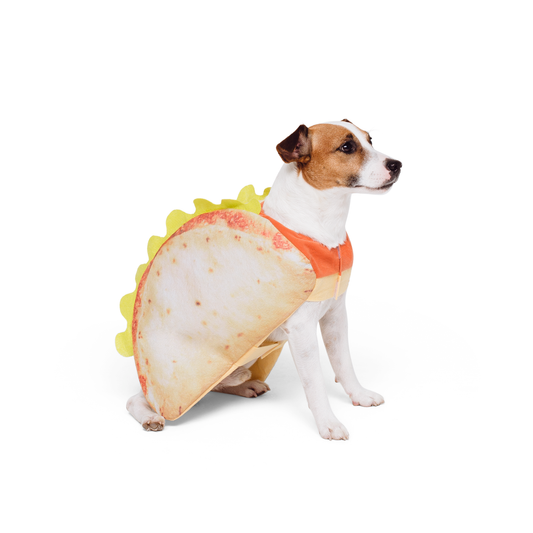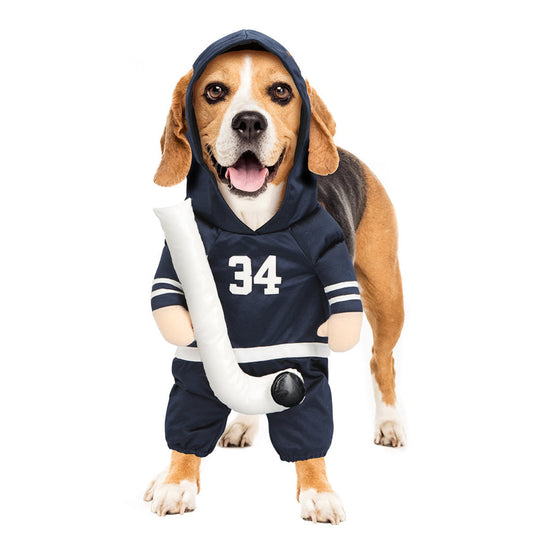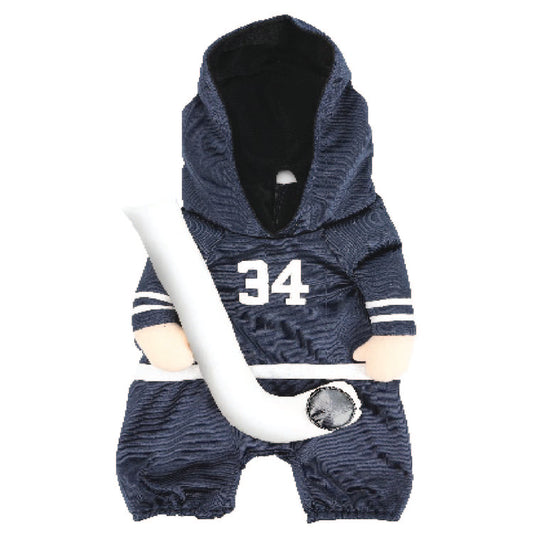Canine Dental Care: A Comprehensive Guide to Your Dog's Oral Health
A critical yet often-overlooked aspect of your dog's overall health is their oral care, which significantly impacts their well-being and comfort. The team at Show and Tail recognizes the importance of canine dental health, and in this comprehensive guide, we aspire to educate pet owners on best practices for maintaining their dog's pearly whites and oral hygiene. By taking proactive steps to ensure proper dental care, you can prevent various health concerns and enhance your beloved companion's quality of life.
Neglecting your dog's dental care may lead to consequences that surpass mere bad breath. Maintaining your pet's oral health can prevent various illnesses and ensure they lead a more comfortable life. Allow Show and Tail to guide you through the intricacies of canine dental care and help you give your pet the strong, healthy teeth and gums they deserve.
Understanding Canine Dental Health: Common Issues and Their Impact on Your Dog
To effectively care for your dog's oral health, it's essential to understand the common dental issues they may face. Let's explore some problems and their potential consequences:
- Periodontal Disease: This progressive gum disease results from a buildup of plaque and bacteria, leading to gum inflammation, recession, and tooth loss. Regular dental cleanings and at-home oral care can help prevent periodontal disease from developing.
- Halitosis: Chronic bad breath in dogs is often a sign of an underlying dental issue, such as periodontal disease or tooth decay. Addressing the cause of halitosis through dental care can significantly improve your dog's comfort and overall health.
- Tooth Decay and Abscesses: Untreated tooth decay can develop into an abscess, a painful infection that may require tooth extraction. Recognizing and addressing the issue early can save your pet's teeth and prevent unnecessary pain.
At-Home Dental Care: Techniques and Tools for Maintaining Oral Health
Between veterinary appointments, maintaining your dog's dental health is achievable through regular at-home care. Consider incorporating the following techniques and supplies into your pet's daily routine:
- Tooth Brushing: Using a dog-specific toothbrush and toothpaste, brush your pet's teeth at least a few times per week to remove plaque buildup. Start slowly by familiarizing your dog with the toothbrush and toothpaste and gradually build up to a full brushing routine.
- Dental Treats and Chews: Specially formulated dental chews, treats, and dog food can help reduce plaque and tartar while providing your pet with a tasty reward. Make sure to choose size-appropriate options and monitor your dog's chewing to prevent choking hazards.
- Chew Toys: Durable chew toys can help clean your dog's teeth and strengthen their jaw muscles. Select toys labeled as "dental chews" or designed for oral health for the best results.
Professional Veterinary Care: Dental Checkups and Cleanings
Regular dental checkups and professional cleanings are crucial to maintaining your dog's oral health. Here's what to expect during dental exams and how to prepare your dog:
- Dental Examinations: Veterinarians will assess your dog's mouth, teeth, and gums, checking for redness, swelling, unusual odors, or other signs of dental issues. They may recommend a dental cleaning, medications, or further diagnostics depending on their findings.
- Preparing Your Dog: To reduce anxiety, try introducing your dog to having their mouth examined at home. Make sure your pet is familiar with the vet's office, ensuring a positive, stress-free experience for both you and your dog.
- Timing of Professional Cleanings: Consult with your veterinarian to determine how often your dog should undergo professional cleanings. Typically, once or twice a year is recommended, depending on factors such as age, breed, and individual dental health history.
Nutrition and Dental Health: Choosing Foods That Support Oral Hygiene
Your dog's diet plays a significant role in their overall health, including their oral hygiene. Keep these factors in mind when selecting a diet that supports dental health:
- Consistency: Dry kibble can help scrape away plaque and tartar buildup, while wet and soft foods may contribute to plaque accumulation. Mixing foods or incorporating dry food into your pet's diet can provide dental benefits without sacrificing the appeal of wet food.
- Nutrient-Rich Foods: A balanced, nutrient-rich diet promotes healthy teeth and gums. Look for dog food formulations that contain vitamins, minerals, and antioxidants that support oral health, such as vitamins A and C, zinc, and beta-carotene.
- Size and Texture: Choosing kibble based on your dog's size can encourage proper chewing habits and promote dental health. Opt for a kibble size and texture suited to your pet's breed, size, and bite strength.
The Ultimate Guide to Brushing Your Dog's Teeth
By addressing your dog's dental care early and consistently, you can prevent various health concerns, promote a higher quality of life, and even prolong their life span. At Show and Tail, we're committed to providing pet parents with educational, informative, and helpful content to ensure the well-being of their furry companions.
Implementing a comprehensive approach to dental care—including at-home care, professional cleanings, and a well-balanced diet—enables you to provide the best possible care for your pet's oral health and overall well-being. Remember that a healthy mouth is an essential part of a happy, healthy dog, so prioritize dental care to give your dog the best possible life.
Don’t hesitate to contact us if you have any questions! Speaking of improving your canine buddy’s happiness, why not explore our dog clothes and accessories? Our range includes items tailored to all sizes, breeds, and preferences, promoting a happier and more fulfilled lifestyle for your pet. Moreover, these items can serve as practical solutions to various challenges, such as weather changes or health conditions, while simultaneously adding an element of style and fun.






